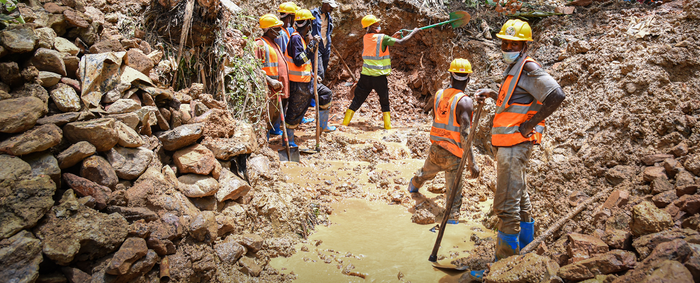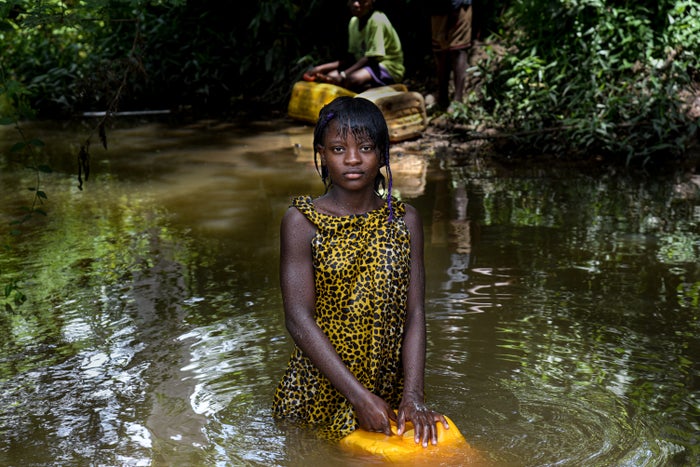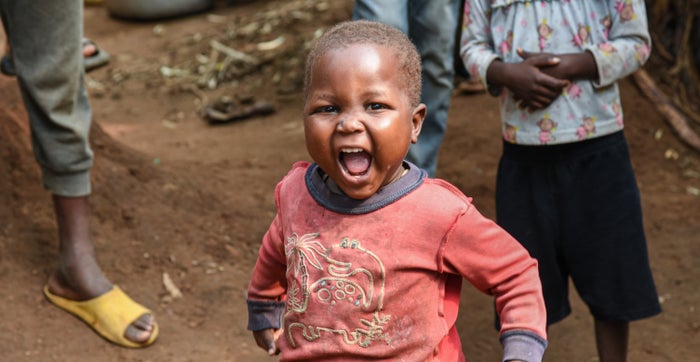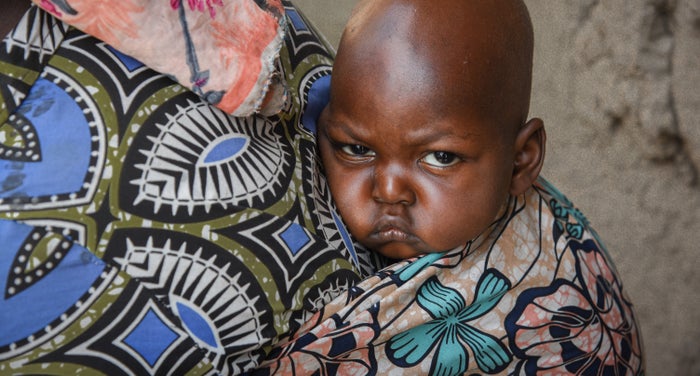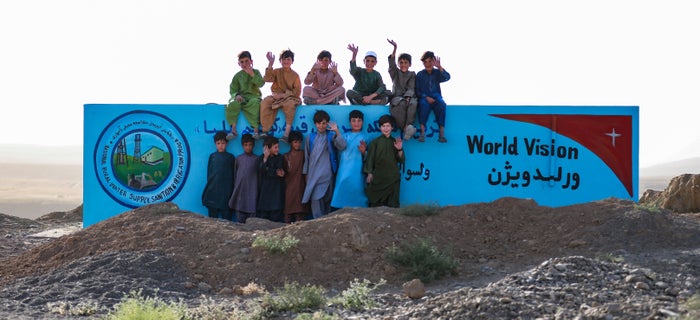Welcome to the first chapter of our global water impact adventure.
Across Honduras, DRC and Afghanistan we've got simultaneous water projects beginning and the impact is going to be game changing, and we're very excited!
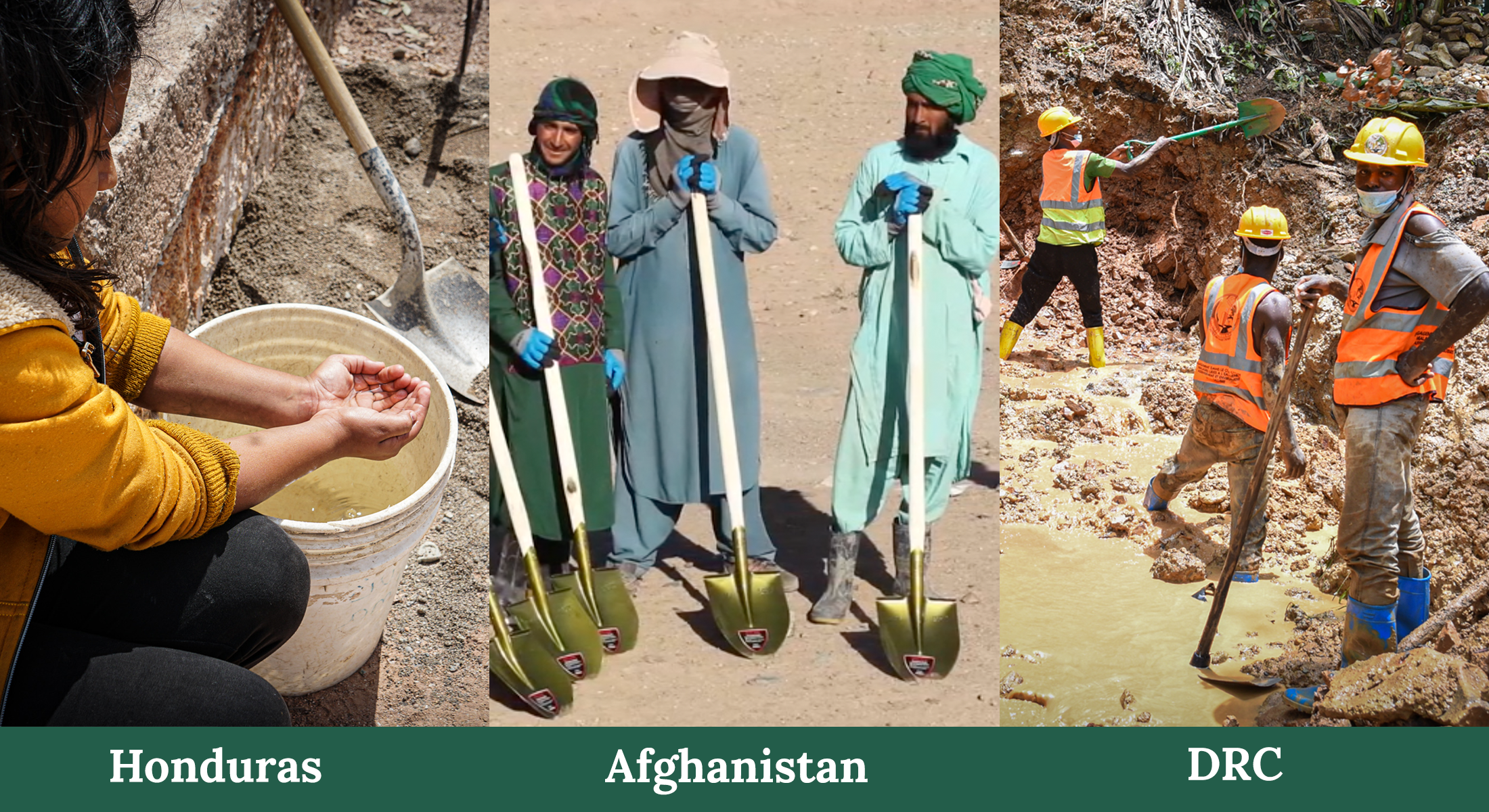
In the hills and in the valleys of the world's most remote and complex regions, we're working with communities to finally make clean accessible water sources a reality.
How much water do you use each day?
Write down every time you use water in a day.
We've got a morning cup of tea, the washing up, shower... maybe twice, brush teeth... definitely twice!
A coffee, toilet flushing, a load of washing, cooking, cleaning — adds up doesn't it? But we kind of don't think about it because we walk to the tap, turn it on and liquid gold comes out.
703 million people lack access to clean water. That’s 1 in 10 people on the planet!
In Afghanistan, DRC and Honduras your gift is about to get busy helping to change that.
Get your flippers and dive in to see these projects begin :)
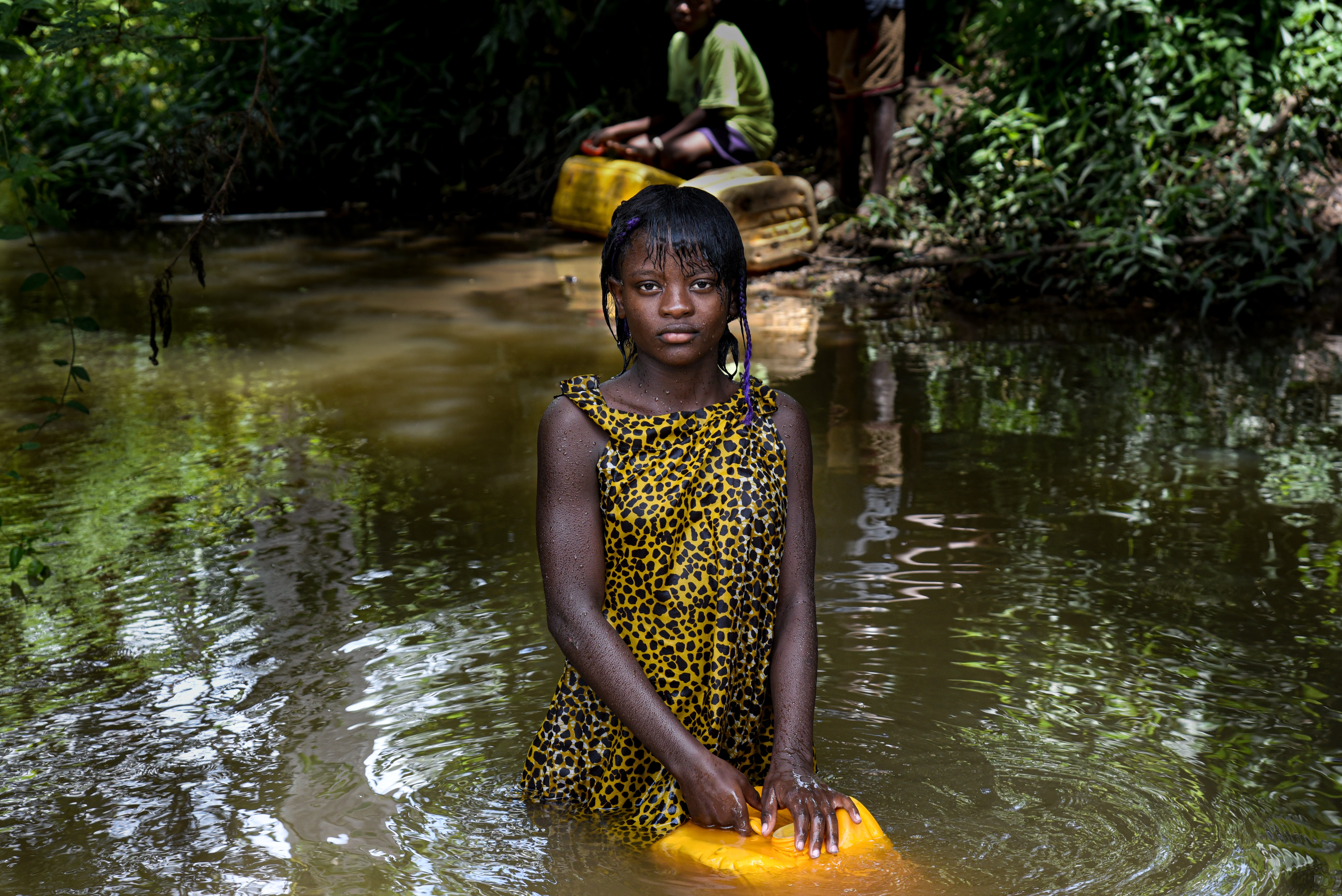
This young girl in the mountainous region of Binza, East DRC has walked a long way to bathe in this dirty river. She will also collect water and trek a heavy water container back up the mountain. Her health is endangered by drinking and bathing in this water and her safety is also endangered on her walk to and from the river.
Rodrigue Harakandi
Over the next few months we're going to be trekking up mountains in Honduras and DRC and into Afghan valleys following the staff, water teams and building crews who are helping to bring clean drinking water to thousands of people.
Get your boots, first stop is Honduras. We've got to climb a big mountain up to a remote community of 200 families. This community has been requesting access to water since 2002.
When we began working with this community they told us, 'water is our key need'. It has taken a lot of time to prepare, plan and work with local governments but the work has finally begun!
The project will hopefully be finished in two months. We're going to follow along as the community prepares for the glorious 'turn on the tap' day!
Let's head to the building site.
Susanna gives us the breaking ground update!
Next stop... Afghanistan.
In October 2023, deadly earthquakes hit Herat, Afghanistan. This region was already struggling with a range of complex issues, including child malnutrition, lack of health services, the effects of climate, food insecurity and a growing displaced population in need of a lot of humanitarian support.
The devastation was heartbreaking. Many lives were lost, livestock were killed, crops upended, infrastructure and homes were destroyed and so were many of the water sources.
Our team, along with the community identified six key water sources to restore and rebuild. There has been a lot of behind-the-scenes work to have this project registered and approved, but we have just got the green light.
The WASH team (Water, Sanitation and Hygiene) and the engineers met with local community leaders this week to discuss the project plans.
Things can take a little longer to get moving in Afghanistan, but we are in business and looking forward to getting the first progress update video soon.

WV staff and Herat local community leaders discuss the plans for the rehabilitation project which will see six wells destroyed in the October 2023 earthquakes rebuilt and restored.
Now, for our final global water impact stop, let's head to... East DRC.
Take a 22km walk up a remote mountain and you'll reach the site of our third Childhood Rescue water project.
The people of this community have waited a long time for access to a clean and sustainable water source. The pursuit of this project is a testament to the commitment of the team. Their dedication to finding a way to make this happen is incredible and many other people would've said, 'Really sorry but it's just too hard'.
The impact on children's health will be life-changing and potentially, life-saving.
We're going to be following the whole story but before we climb the mountain, let's take a quick look at the current water source. Rodrigue stopped by the local river to see exactly how bad the situation is, it's safe to say... no one should be drinking this water and soon, they won't have to.
Would you drink, cook, bathe and use this water?
By now, you're hopefully feeling really inspired.
This story represents the amazing global reach of your gift but it also shows the genuine local impact it has.
We'll be taking you on this global water journey for the next few months.
Plans will be disrupted, the weather will no doubt pause building and the deadlines may need to be flexible, but we've started on all three sites and we can not wait to see taps being turned on and the joyful smiles of people finally gaining access to clean water.
In some of the world's most remote places your gift is helping children survive, recover and build a clean water future.
What can I do?
Here's three ways for you to go a little deeper - chat, act or share!
- 1
Ask a Question
Got something you don't quite understand? Ask a question and we'll get you an answer direct from our amazing project staff.
Ask Away - 2
Donate
Every gift makes a difference. Our Childhood Rescue fund helps children living in the world’s most dangerous places.
Donate Now - 3
Share on Social Media
Raising awareness is vital. Help make people aware of the situation and the difference we can make, together.
